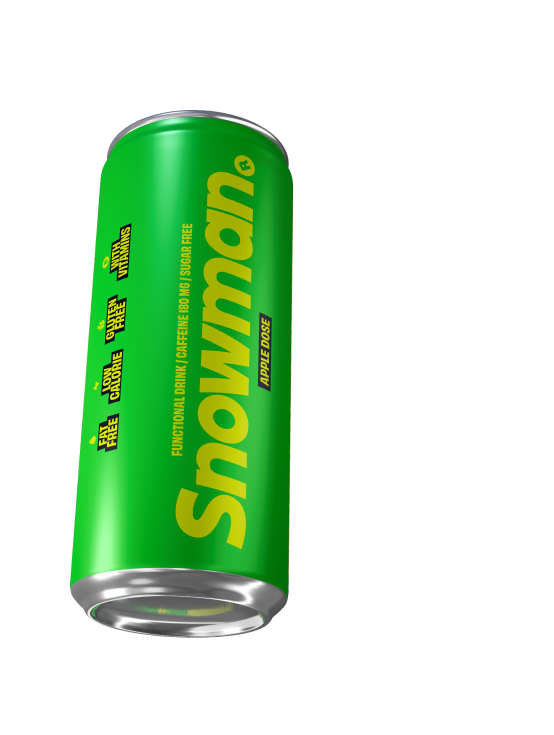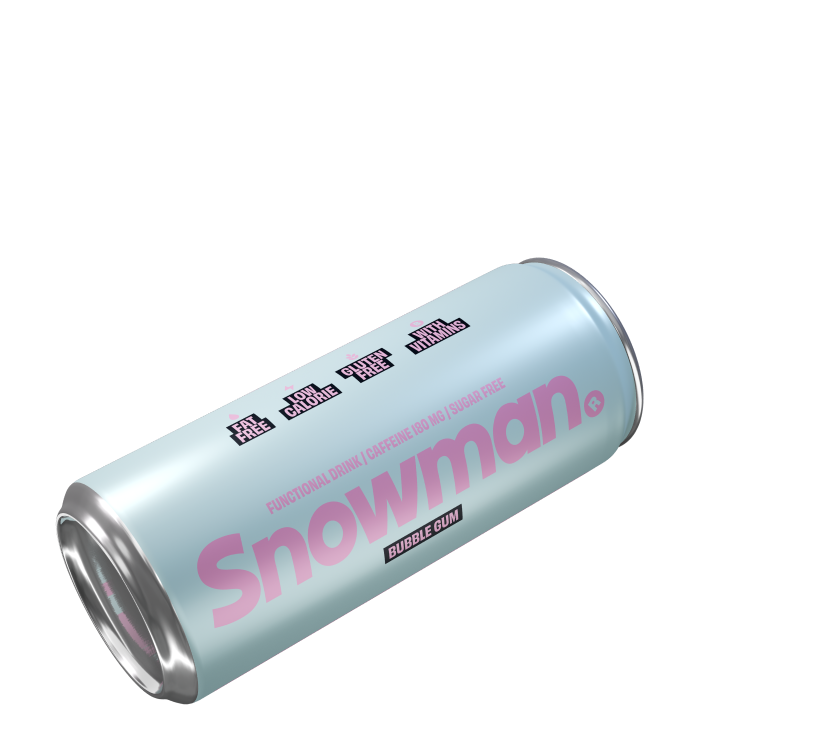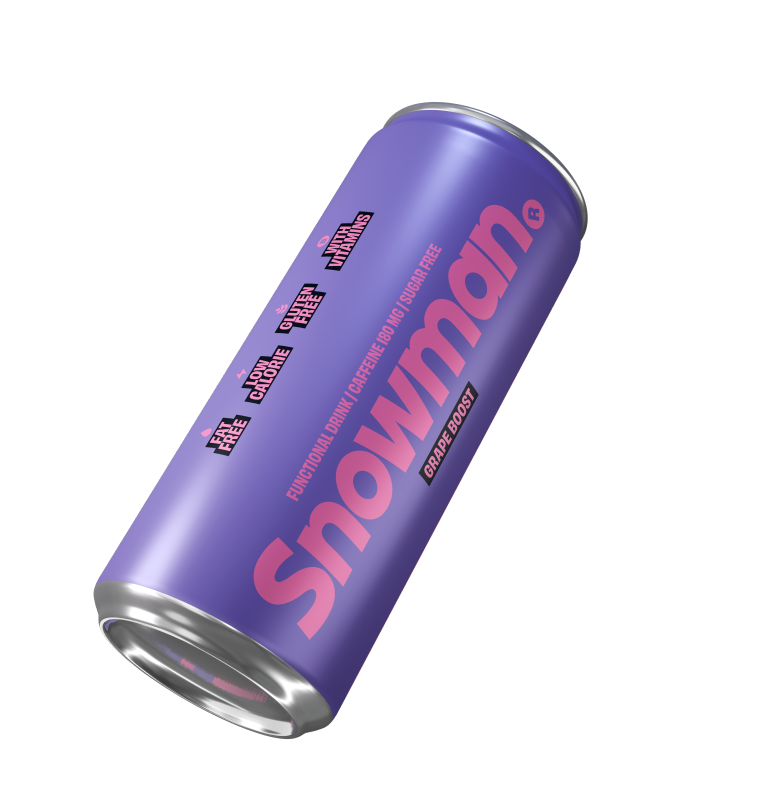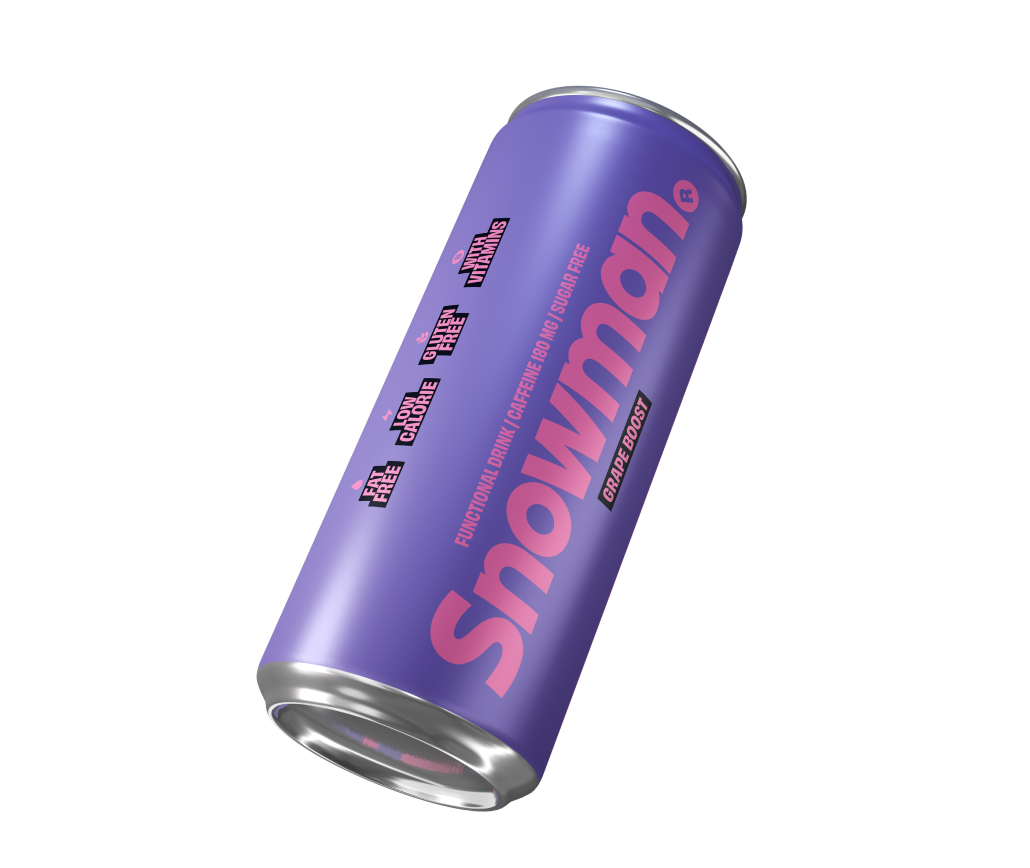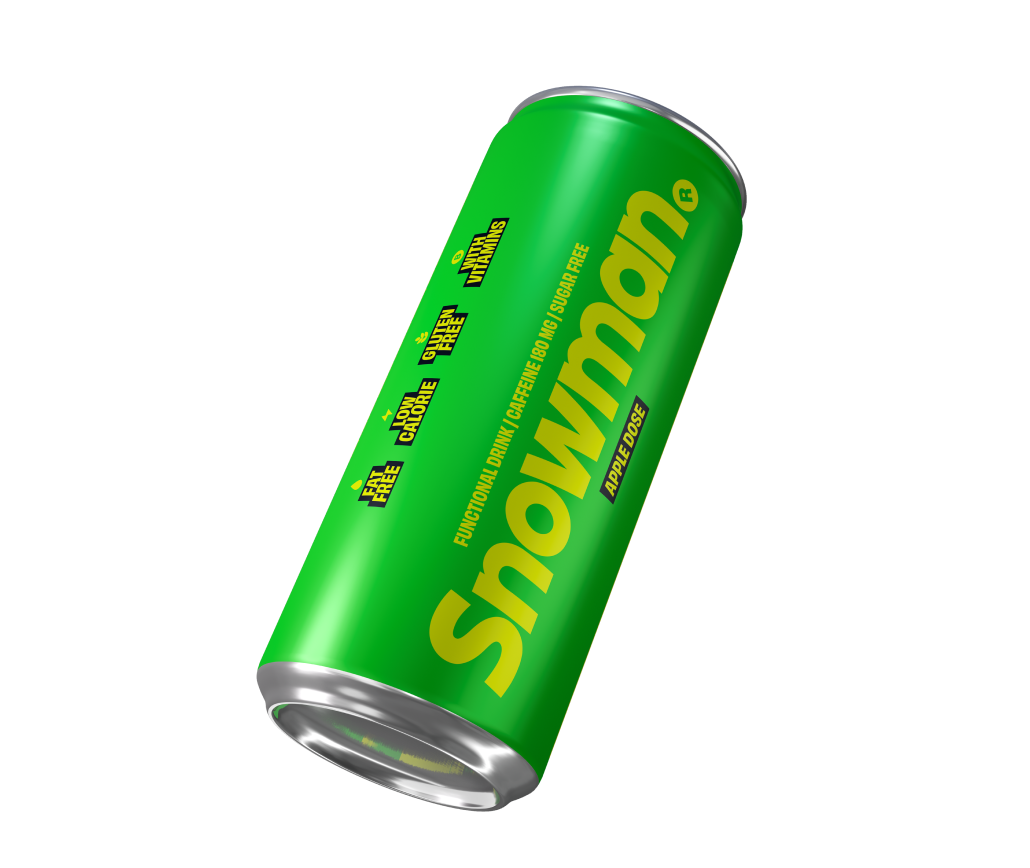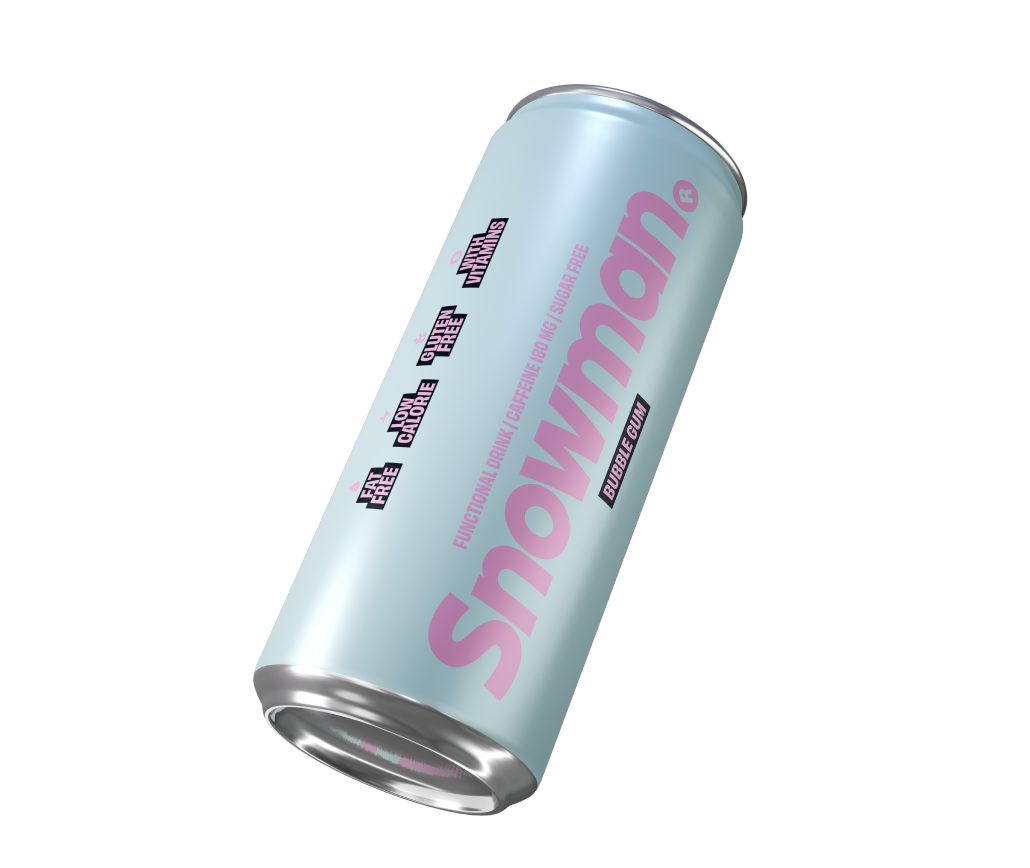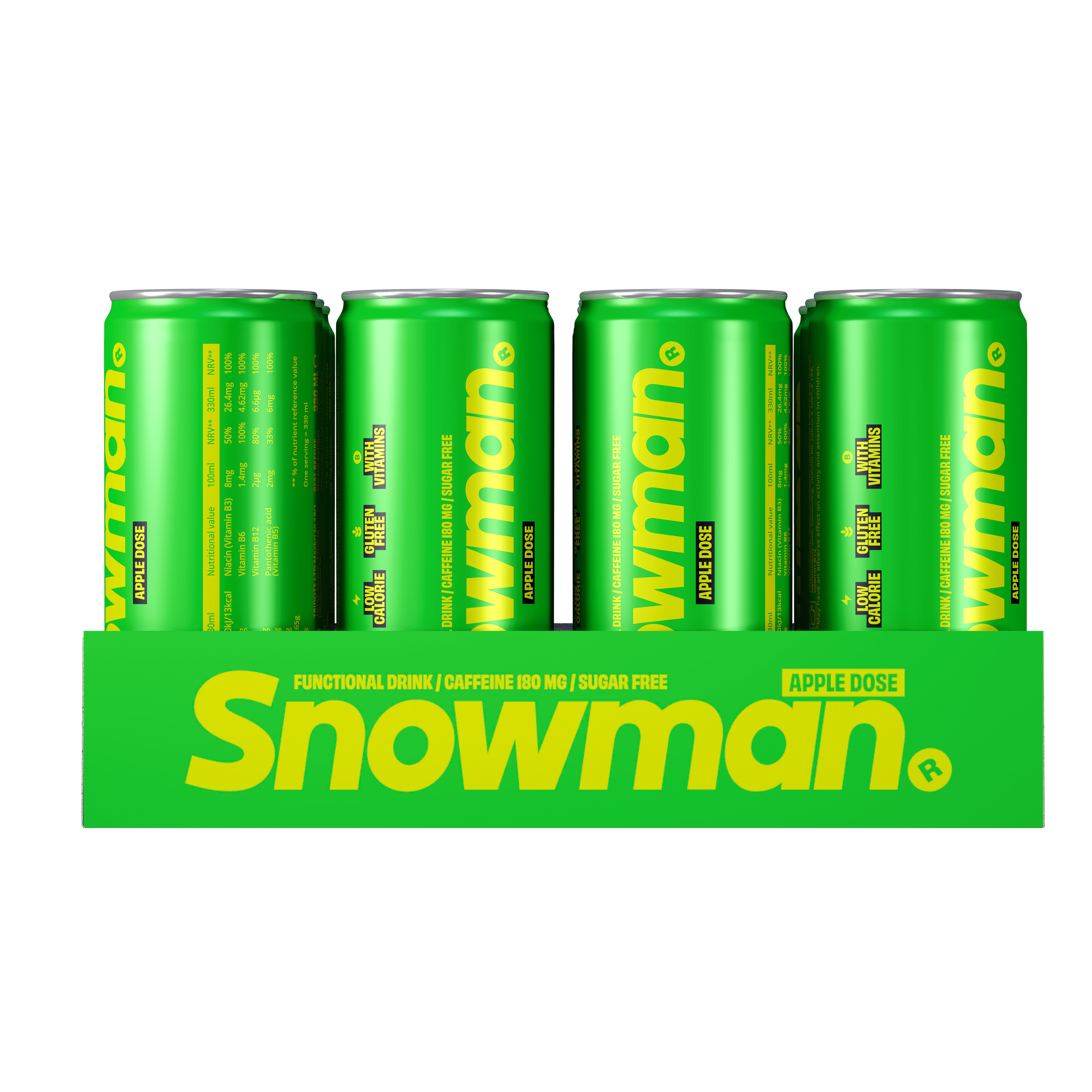
Functional drinks have taken the wellness world by storm. From nootropic tonics and collagen waters to kombucha and adaptogenic teas, these beverages promise to improve everything from gut health to mental clarity. But what does the science behind functional drinks actually say?
Are these wellness wonders backed by clinical research, or is it all clever marketing? In this article, we’ll explore the real science, debunk myths, and explain which ingredients hold up to scrutiny—and which don’t.
🧪 What Are Functional Drinks?
Functional drinks are beverages formulated with bioactive ingredients that offer targeted health benefits beyond basic hydration. Common goals include:
- Boosting energy and focus
- Enhancing gut health
- Reducing inflammation
- Supporting immunity
- Improving sleep and mood
They often contain ingredients such as adaptogens, probiotics, fiber, amino acids, and vitamins—each chosen for its therapeutic effect.
🧬 The Scientific Foundation: Ingredients with Proven Benefits
Let’s explore what peer-reviewed research and nutritional science say about popular functional drink components:
1. Probiotics
- What science says: Probiotics like Lactobacillus and Bifidobacterium have been extensively studied.
- Evidence: Clinical trials confirm they help with digestive disorders, immunity, and even mood via the gut-brain axis.
- Sources: Found in kombucha, kefir, and some enhanced juices.
2. Adaptogens (Ashwagandha, Rhodiola, Ginseng)
- What science says: These herbs help the body resist stress and stabilize physiological processes.
- Evidence: Several human studies show that Ashwagandha can reduce cortisol levels and improve sleep quality.
- Sources: Herbal teas, nootropic drinks, and stress-relief tonics.
3. Electrolytes (Magnesium, Potassium, Sodium)
- What science says: Crucial for hydration, especially post-exercise or illness.
- Evidence: Backed by decades of sports science for maintaining fluid balance and muscle function.
- Sources: Sports drinks, coconut water, electrolyte powders.
4. Nootropics (L-theanine, Caffeine, Lion’s Mane)
- What science says: Improve focus, memory, and cognitive function.
- Evidence: A combination of L-theanine and caffeine has shown enhanced attention and reduced mental fatigue in clinical trials.
- Sources: Smart drinks, productivity elixirs, mushroom coffees.
5. Collagen
- What science says: May improve skin elasticity, joint health, and gut lining integrity.
- Evidence: Double-blind studies show benefits with consistent supplementation (8–12 weeks).
- Sources: Collagen waters, beauty drinks, and bone broth.
⚠️ Ingredients With Limited or Emerging Evidence
Some ingredients used in functional drinks sound exciting but lack robust clinical backing—at least for now.
| Ingredient | Claim | Evidence Status |
|---|---|---|
| Activated Charcoal | Detoxification | Weak and conflicting |
| Chlorophyll | Skin & body odor control | Limited research |
| CBD | Stress relief and sleep aid | Promising but mixed |
| Maca Root | Hormone balance, energy boost | Mostly anecdotal |
It’s essential to approach these trendy ingredients with healthy skepticism and monitor ongoing research.
🧠 Understanding the Placebo Effect in Functional Drinks
Functional drinks often benefit from the placebo effect—where people experience real improvements simply because they believe the drink is helping. While that doesn’t make the product ineffective, it highlights the importance of:
- Evidence-based formulations
- Transparent ingredient sourcing
- Realistic health claims
🔍 Are Functional Drinks Regulated?
In many regions, including the U.S. and EU, functional drinks fall under food and beverage regulations, not pharmaceuticals. This means:
- Health claims must not be misleading.
- Ingredients must be Generally Recognized As Safe (GRAS).
- Products aren’t required to prove effectiveness before sale.
As a result, scientific validation varies by brand and formulation. Consumers are encouraged to do their own research or consult with nutritionists.
📚 Key Scientific Studies on Functional Drinks
Here are some noteworthy published studies that support the science behind functional drinks:
| Study Source | Focus Area | Key Finding |
|---|---|---|
| Frontiers in Nutrition (2023) | Probiotics | Improved IBS symptoms in 63% of participants |
| Nutrients Journal (2022) | Ashwagandha | Lowered cortisol and anxiety in healthy adults |
| Journal of Clinical Nutrition | Collagen peptides | Enhanced skin hydration and elasticity |
| Psychopharmacology (2019) | L-theanine + caffeine | Boosted alertness and reaction time |
| Journal of Sports Medicine | Electrolyte drinks | Improved endurance and reduced dehydration |
These studies provide credible scientific backing for many of the core ingredients found in today’s top functional beverages.
✅ Tips for Choosing Science-Backed Functional Drinks
- Look for clinical doses – A sprinkle of an ingredient isn’t enough; check for effective dosages.
- Read the labels – Fewer ingredients usually mean higher purity.
- Avoid hype-only formulas – Watch out for “proprietary blends” with no dose transparency.
- Research the brand – Trust brands that link to studies or offer third-party testing.
- Watch sugar content – Even healthy drinks can sneak in hidden sweeteners.
🤔 FAQs About the Science Behind Functional Drinks
Q1: Are functional drinks better than supplements?
A: They offer a tasty, convenient alternative, but may contain lower ingredient concentrations than capsules or powders.
Q2: How long does it take to feel results?
A: Effects vary—some ingredients like caffeine work fast, while probiotics or collagen may take 2–4 weeks of consistent use.
Q3: Can I rely on functional drinks alone for health?
A: No—these drinks should complement a healthy diet and lifestyle, not replace them.
Q4: Are functional drinks safe during pregnancy?
A: Not all. Avoid those with high caffeine or certain herbs. Always consult your doctor first.
Q5: Do all “natural” drinks have proven health effects?
A: Not necessarily. “Natural” doesn’t always mean clinically proven or effective.
Q6: Can I make science-backed functional drinks at home?
A: Absolutely! Use proven ingredients like turmeric, ginger, lemon, chia seeds, or collagen powder in homemade recipes.
🔬 Final Verdict: Is the Science Solid?
The science behind functional drinks is solid for many key ingredients—especially probiotics, adaptogens, electrolytes, and nootropics. However, not every drink on the market is created equal. Some are rooted in strong research, while others ride on buzzwords and trends.
To benefit from these innovative beverages, consumers must become label-savvy, ingredient-aware, and science-informed. When used wisely, functional drinks can become a powerful, delicious part of your wellness toolkit.
